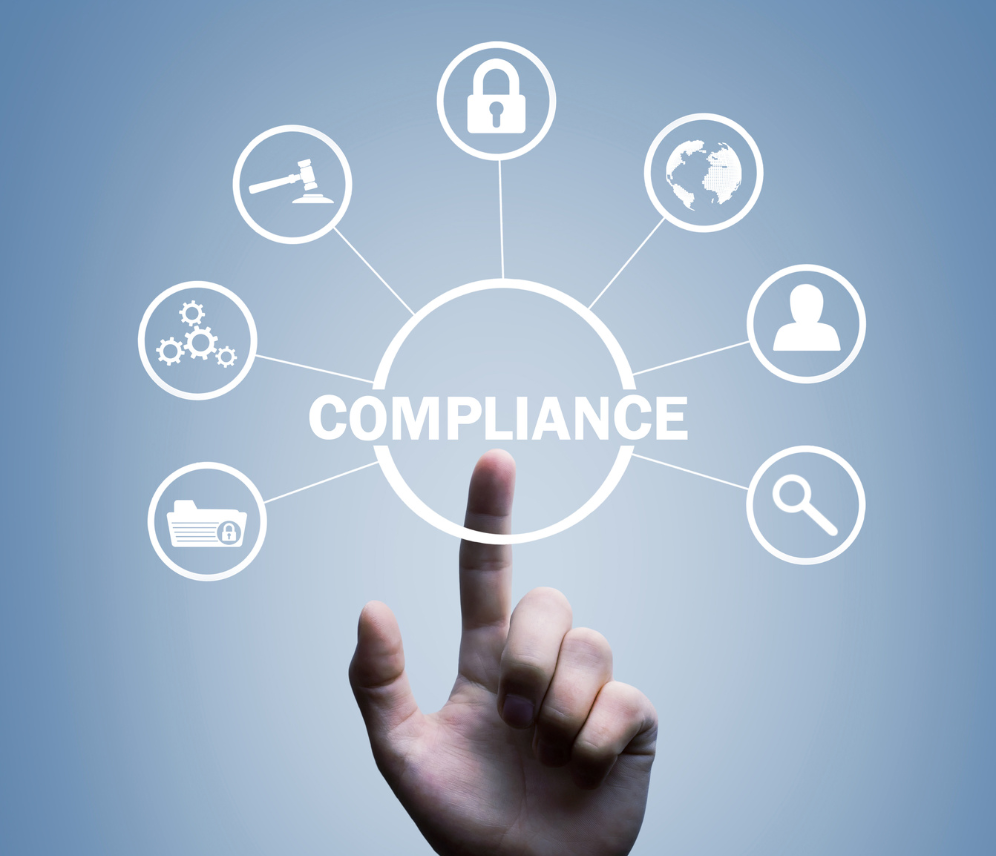UL 94 Global Certification Testing for Flammability of Plastics
The UL 94 certification is one of the most recognized and widely used standards for testing the flammability of plastics. This test evaluates how well a material resists ignition under specific conditions, ensuring that products meet safety requirements set by various regulatory bodies around the world.
UL (Underwriters Laboratories) has been setting industry standards since 1894, and UL 94 is particularly important in electronics testing as it helps ensure that plastics used in consumer goods, electrical appliances, and automotive parts do not catch fire easily. This certification guarantees compliance with international safety regulations.
For instance, the UL 94 V-0 rating indicates that a plastic sample has passed the most rigorous test for flame spread, meaning that even if flames are applied to one end of the sample, they will not spread across the entire length of the material. Other ratings like V-1 and V-2 represent progressively less stringent standards.
The UL 94 certification process involves detailed procedures which include specimen preparation, testing in a controlled environment, and careful analysis of results. Specimens are typically cut into specific sizes to ensure consistency across all tests. The testing apparatus includes a convection oven where specimens are exposed to heat sources for predetermined periods.
Compliance with UL 94 is crucial not only for manufacturers but also for end-users who rely on safe products. In the electronics industry, this certification ensures that components like circuit boards, housings, and connectors meet strict fire safety standards. This is particularly important in devices such as televisions, computers, smartphones, and automotive parts where a fire hazard could have severe consequences.
Understanding the differences between various UL 94 ratings helps manufacturers make informed decisions about material selection and design optimizations. For example, V-0 rated materials are ideal for high-risk applications like aircraft interiors or medical devices, while lower ratings may suffice for less critical products.
The importance of UL 94 certification extends beyond just the electronics sector; it plays a role in ensuring fire safety across many industries including automotive, construction, and consumer goods. By adhering to these standards, companies demonstrate their commitment to product quality and user safety.
| UL 94 Rating | Description |
|---|---|
| V-0 | The most stringent rating indicating the material will not sustain flame spread across its length if ignited under specified test conditions. |
| V-1 | The sample does not melt or drip during testing and will self-extinguish within 3 seconds after removal from the flame source. |
| V-2 | The sample melts but does not drip, and the total burning time is less than 40 seconds. |
| HB | The least stringent rating indicating the material will not burn away completely when exposed to a flame source for a short period of time. |
In conclusion, obtaining UL 94 certification is essential for manufacturers aiming to comply with international safety standards and ensure product reliability. By investing in thorough testing processes like those outlined here, companies can enhance their reputation and trust among consumers while meeting stringent regulatory requirements.
Applied Standards
The UL 94 certification is based on several key standards that define the methodology for conducting flame tests on plastic materials. These include:
- UL 94V
- Test method for measuring the flammability of plastics to the V-0, V-1, and V-2 ratings.
- ASTM E648
- Standard test methods for horizontal burning behavior of rigid plastic materials.
- EN 13502-1
- European standard providing a framework for the evaluation of flammability and smoke development characteristics of products.
- IEC 60695-2-11
- International standard specifying test methods for determining the burning behavior of plastics when exposed to a specified heat source.
These standards are continuously updated to reflect advancements in technology and changing safety requirements. Compliance with these standards ensures that products not only meet current regulations but also anticipate future demands.
Industry Applications
The UL 94 certification is widely applicable across various industries where fire safety is paramount:
- Aerospace Industry: Aircraft interiors, cabin components, and wiring harnesses require materials that do not easily ignite or spread flames.
- Automotive Sector: Vehicles are packed with electronic devices; thus, ensuring the flammability of plastics used in these systems is critical to prevent potential hazards during accidents.
- Consumer Electronics: Smartphones, laptops, televisions, and other gadgets must comply with strict fire safety regulations to protect users from accidental fires.
- Medical Devices: In medical settings, even small sparks or flames could lead to severe consequences; hence, selecting UL 94 certified materials is crucial for patient safety.
The electronics testing industry specifically benefits from the rigorous nature of UL 94 certification because it ensures that all components used in electronic devices meet stringent flammability standards. This helps prevent malfunctions caused by overheating or short-circuits due to material breakdowns during normal operation or under extreme conditions.
Why Choose This Test
Choosing UL 94 certification for your plastic products offers numerous advantages:
- Enhanced Safety: Ensures that materials used in critical applications do not catch fire easily, thereby protecting end-users and preventing accidents.
- Global Recognition: Obtaining this certification demonstrates compliance with international standards and enhances brand reputation globally.
- Compliance Assurance: Helps meet regulatory requirements set by various countries worldwide, ensuring smooth market access for your products.
- Improved Product Quality: The testing process identifies potential weaknesses in material design early on, allowing manufacturers to make necessary improvements before product launch.
- Customer Confidence: By choosing UL 94 certified materials, you reassure customers about the quality and safety of your products, fostering trust between you and them.
- Competitive Edge: In a competitive market where product safety is increasingly important, having this certification can set your brand apart from competitors.
In summary, UL 94 certification provides peace of mind for manufacturers regarding their product's fire resistance while also offering valuable benefits that extend beyond mere compliance. It serves as an assurance to stakeholders involved in the manufacturing and distribution chain that they are working with safe materials.





